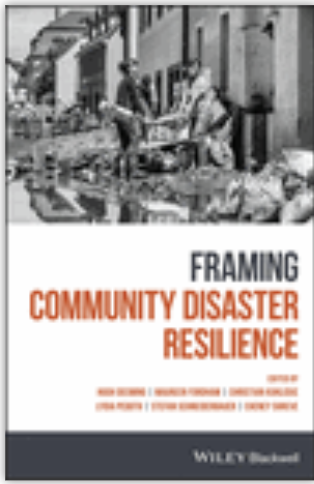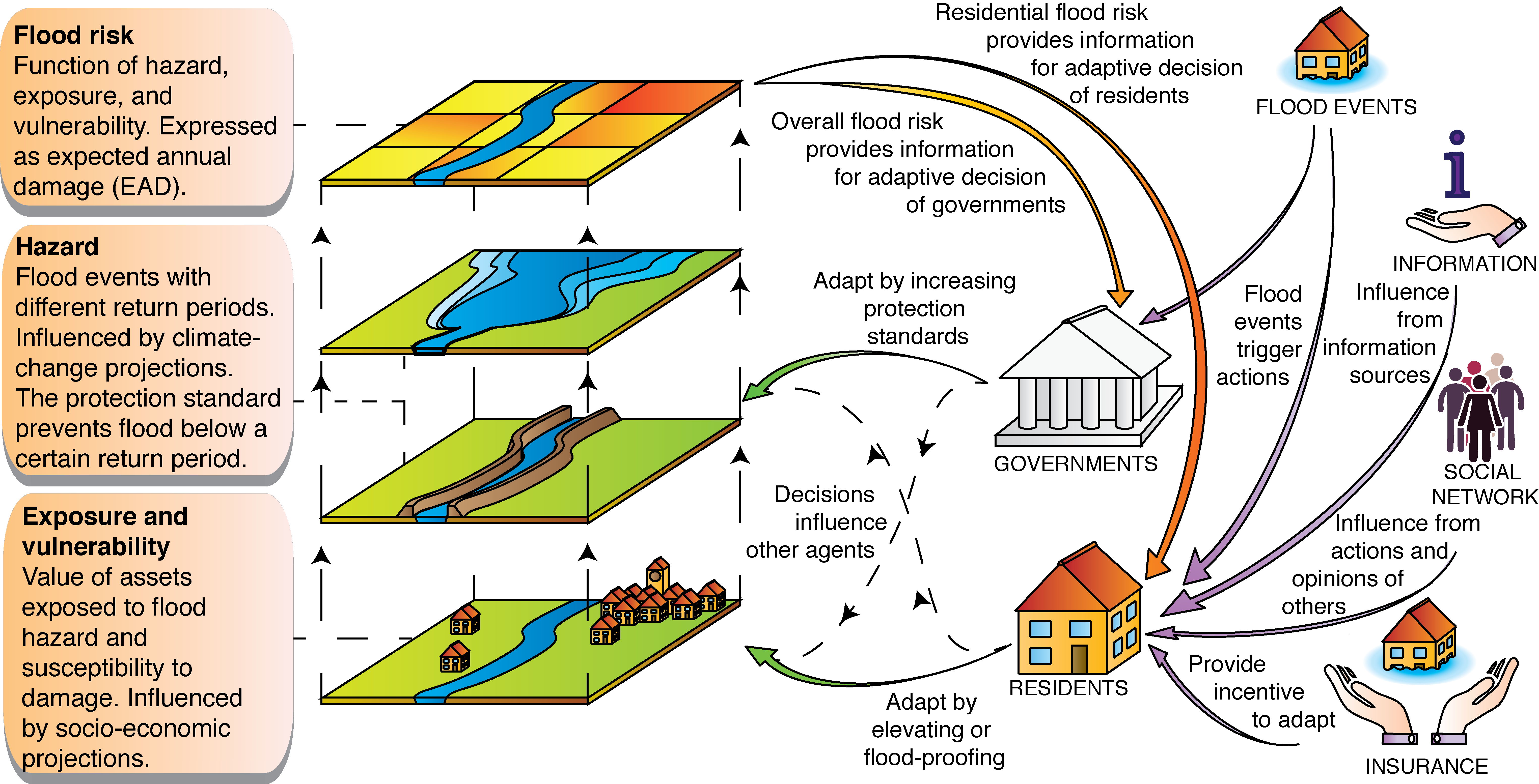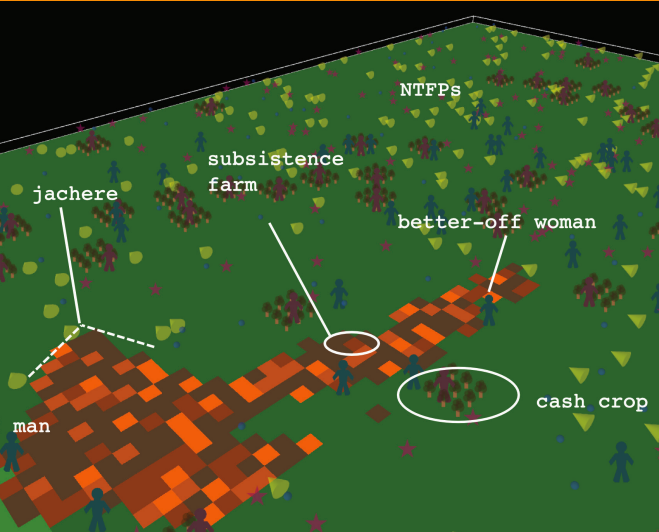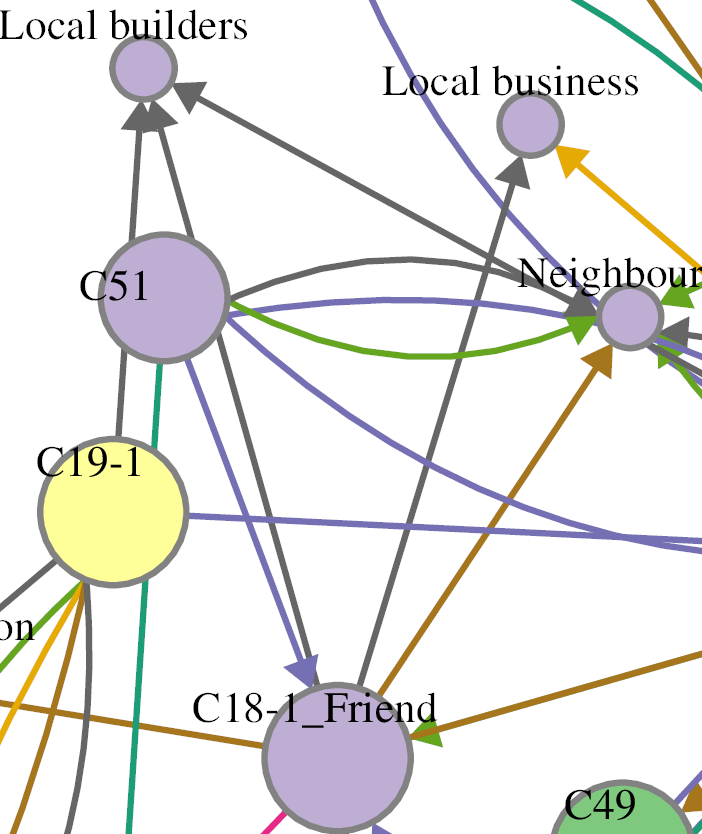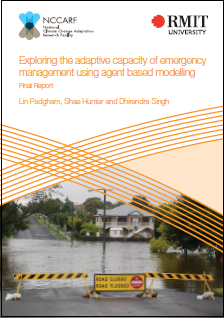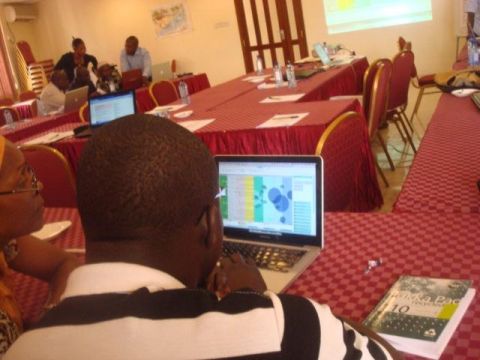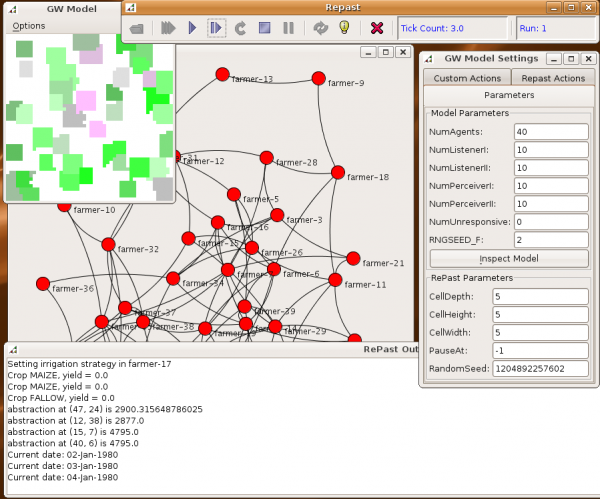agent-based modelling
Managing Complex Systems: The Need to Structure Qualitative Data
This paper shows how 'structured output' methods can ‘abstract’ important issues and concepts and feed into planning and policy outputs.
Advancing disaster policies by integrating dynamic adaptive behaviour in risk assessments using an agent-based modelling approach
Including the dynamic adaptation decisions of governments and households shown to be major determinant of future risk development, which should not be neglected in risk assessments.
Agent-based modelling: A tool for addressing the complexity of environment and development policy issues
This working paper introduces agent-based modelling as a potential tool for examining complex modern policy problems, and offers examples from recent applications.
System Dynamics Modelling
Modelling the stocks, flows and feedback loops in complex environmental systems
Exploring the adaptive capacity of emergency management using agent based modelling
Reporting the use of a simulation system to explore emergency responses for protection of property in a suburb prone to flash flooding.
Modelling and Scenarios workshop: Kenya Coastal Fisheries
A workshop was held to inform Beach Management Unit leaders and coastal communities on project results
Agent-based modelling
In agent based models, a society is represented by a set of agents interacting with one another and with their environment. Agents follow simple rules but can be designed to adapt their behaviour to satisfy certain goals. Thus they can be responsive to changes in the environment, such as groundwater availability in the example here.
